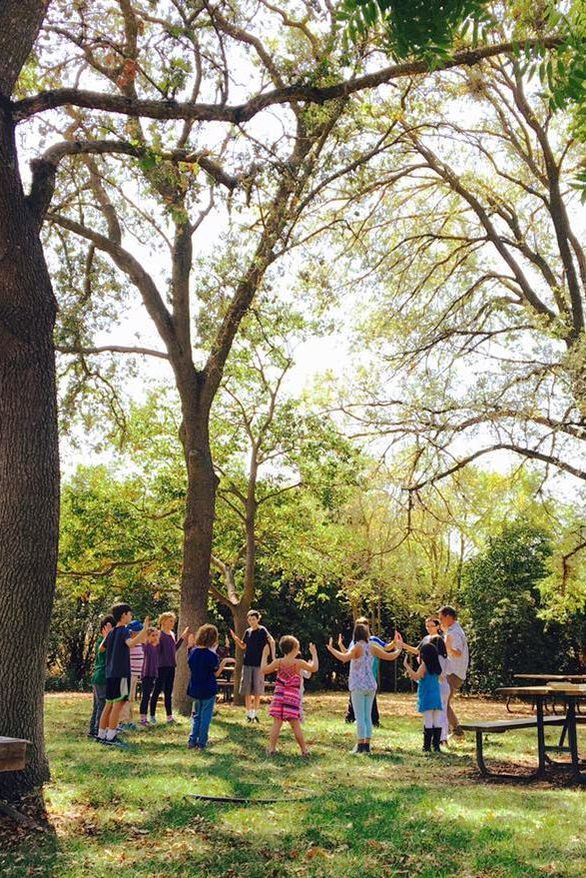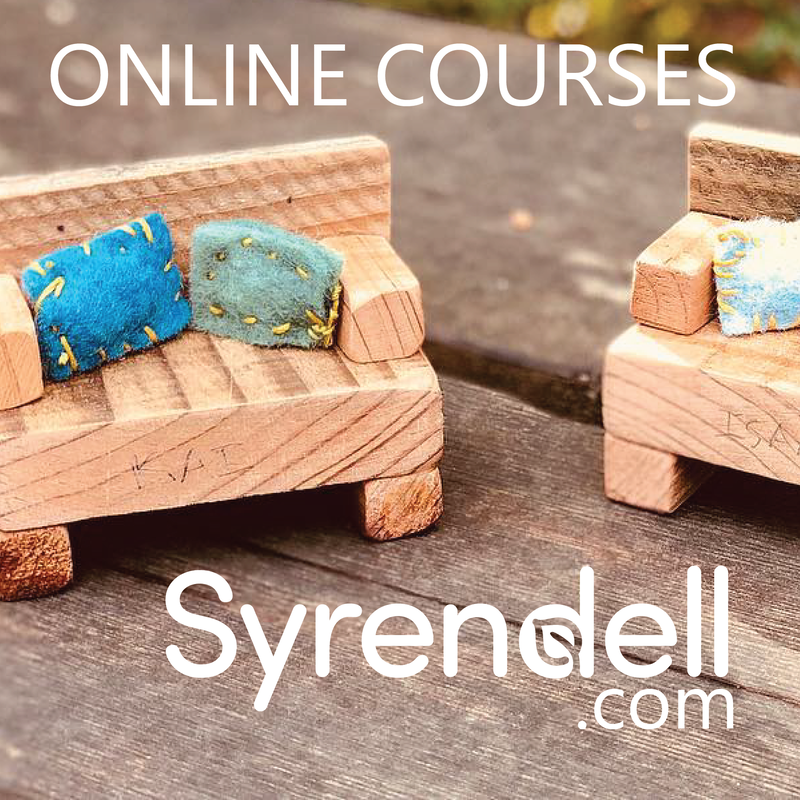|
As the parent zips up his little one's jacket and puts lunch in the backpack, readying him for school, he gets eye level with the child and instructs, "Now remember to say 'Thank you', play fair, and keep your hands to yourself."
"Yes, papa." Most parents believe that curriculum and skill building are taught at school, while core values such as politeness and respect are taught at home. Parents take on the responsibility of raising courteous people. The reality is, to reinforce these values, the other parents of the children in the classroom all need to share the same values. So in truth, developing the SELF means developing SOCIAL WELLNESS, and vice versa. In this regard, every classroom is a setting for teaching the whole human. Social behavior among children is a reflection of parenting philosophies. So you can easily see the challenge and frustration of putting children in a classroom together whose parents (and teachers) have different expectations about behavior and discipline. Like the curriculum or physical development, social expectations can also be tabulated and measured - benchmarks for social development. Using Steiner's developmental goals of the curriculum, putting it side by side with other philosophies, and listing associated values and demonstrable social expectations, I created a table called "Social Wellness Milestones through the Grades". It is a work in progress that sequences the development of social skills from grades one through nine. Regard it as minimum requirements for student social health and wellness. Click on the button below for a downloadable pdf . |
Archives
June 2023
|



 RSS Feed
RSS Feed
